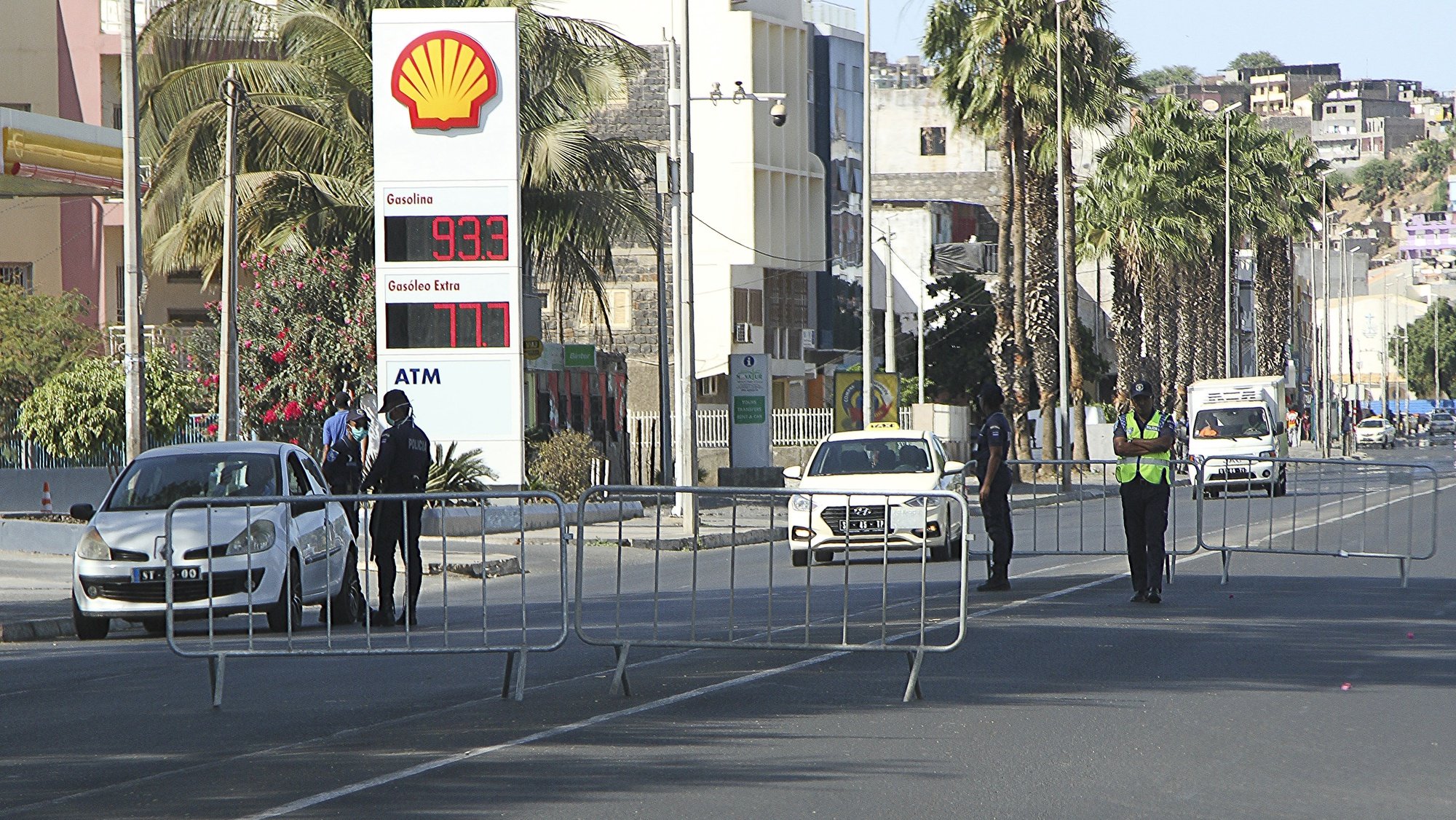The average value of fuel for sale in Cape Verde fell this Monday practically 10%but they remain more than 60% above the prices practiced a year ago, according to the Multisectoral Agency for Economic Regulation (ARME).
In a statement, ARME affirms that the updating of the maximum fuel prices in Cape Verde —which is carried out every month— took into account the introduction of amendments to the legislationspecifically with regard to import taxes, after the Government decided in April, May and June to temporarily suspend the price fixing mechanism, facing the economic crisis caused by the war in Ukraine.
Specifically, this fuel price update, which will be in force between August 1 and 31, already incorporates changes in the Import Tax (DI) and Special Consumption Tax (ICE) rates. Reduces DI rate in gasoline from 20% to 10%, and in 180 and 380 fuel from 5% to 0%.
The ICE rate on diesel and gasoline is also reduced, going from 10% to the specific rate of six escudos (five euro cents) per liter, which in this case will be in force until December 31, 2022. According to ARME, it remained resumed from this day the application of eight shields (seven cents) for each liter of normal diesel referring to the Social Tax for the Conservation of Roads, which had been temporarily suspended during the past month of July.
Thus, according to the new table of maximum prices, which will be in force until the end of August, a liter of normal diesel is now sold in Cape Verde at 170.10 escudos (1.60 euros), a decrease of 6.18%, gasoline at 166.60 escudos (1.56 euros), 11.85% less, oil at 179.40 escudos (1.68 euros), a decrease of 11.49%, and marine gas oil at 135, 70 escudos (1.27 euros), 10.96% less.
Diesel for electricity – fossil fuel plants guarantee almost 80% of the electricity produced in the archipelago – fell by 10.65% to 161.10 (1.51 euros) per litre, while butane gas fell by 8.34%. starting to sell between 438 shields and 8,458 shields (four to 79.2 euros), for bottles of three to 55 kilograms.
“All these percentage values added together correspond to an average decrease in fuel prices of 9.98%”, says ARME.
Compared to the same period in August 2021, the average change in fuel prices in Cape Verde “corresponds to an increase of 61.4%”, while the average change during the current year represents an increase of 15, two%.
The Prime Minister of Cape Verde estimated this Friday at 8,000 million escudos (71.8 million euros) the state investment to stabilize the prices of basic goods and energy, without which inflation would exceed 11% this year .
“Without price stabilization measures, inflation could have reached 11.3% this year, well above the estimated 7.9%. The price stabilization measures have mitigated the impacts on consumers, organizations and companies”, said Ulisses Correia e Silva, in the National Assembly, at the opening of the annual debate on the State of the Nationalluding to the consequences of the inflationary crisis affecting the country after the war in Ukraine.
In fuels, he stressed, “without the measures taken by the government” since April, the average increases “could have been between 18 and 21%“.
“By the measurements, they were between 2.6 and 4.1%. We avoid serious consequences for people and companies,” said Ulisses Correia e Silva.
“More than five million contos [5.000 milhões de escudos, 44,8 milhões de euros] until December of this year will be the necessary investment of the Government to face the inflationary crisis in energy, stabilize fuel and electricity pricesin order to prevent values from reaching catastrophic levels for families and companies”, he stressed.
The archipelago is facing a deep economic and financial crisis, due to the sharp drop in tourist demand -a sector that guarantees 25% of the Gross Domestic Product (GDP) of the archipelago- since March 2020, due to the pandemic of the Covid-19.
In 2020, it registered a historic economic recession, equivalent to 14.8% of GDP, followed by 7% growth in 2021, driven by the recovery in tourism demand. By 2022, due to the economic consequences of the war in Ukraine, namely the increase in prices, The Cape Verdean Government lowered its growth forecast from 6% to 4%.
Source: Observadora
